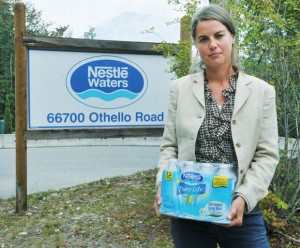Netflix is set to premiere a motion picture movie that will simultaneously be shown in theaters and on its website. “Crouching Tiger, Hidden Dragon: The Green Legend,” the sequel to director Ang Lee’s Oscar winning drama, will be out in theaters and available for online streaming on August 28, 2015, thanks to a deal between the Weinstein Brothers and Netflix.
This is a monumental step for Netflix as it seeks to further expand its value propositions. Although Netflix subscribers were previously able to access a wide database of TV shows, movies etc., an unfulfilled desire always existed from consumers who wanted to experience a newly released movie in the comfort of their bedroom – legally at least. Physically going to the theater or waiting for the movie to be released on Netflix pose a customer inconvenience and a significant pain.
Hence, this move by Netflix will be an effective “pain-killer” for its customer segment as they increase the flexibility of its movie streaming services to create a hassle-free major motion picture viewing alternative. Furthermore, this deal should initiate a new wave of opportunities for Netflix to add more in-theater movies to its inventory, which may consequently convert the “movie theater experience” into a thing of the past.
References
http://www.bbc.com/news/business-29421555
http://money.cnn.com/2014/09/29/media/netflix-crouching-tiger-movie-deal/index.html?hpt=hp_t2


